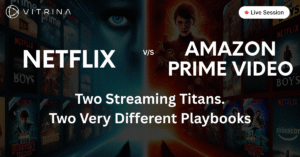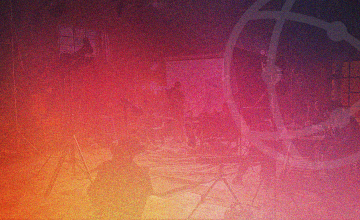The swift suspension of ABC’s Jimmy Kimmel Live! has sparked a legal debate following a threat from Federal Communications Chair Brendan Carr. As media executives navigate the implications of this incident, questions about First Amendment rights and government influence loom large.
The recent suspension of Jimmy Kimmel Live! by ABC unfolded at a remarkable pace, ignited by a veiled threat from Federal Communications Chair Brendan Carr. He warned that his agency might take action against the network, claiming that Kimmel misrepresented the political views of the individual accused of killing Charlie Kirk. Carr stated to right-wing podcaster Benny Johnson, “We can do this the easy way or the hard way. These companies can find ways to change conduct, on Kimmel, or there’s going to be additional work for the FCC ahead.”
Within just five hours, Nextstar, which owns ABC affiliate stations nationwide, announced it would pre-empt the show “for the foreseeable future.” Shortly after, ABC decided to pull the show indefinitely.
Since the beginning of his second term, President Trump has leveraged government power to combat what he perceives as conservative bias in mainstream media. By offering selective regulatory enforcement and favorable regulations, he has effectively pressured networks, masking potential censorship as business decisions.
For instance, consider Skydance’s acquisition of Paramount, where CEO David Ellison plans significant changes at CBS News, potentially bringing in Bari Weiss, founder of The Free Press, for a leading role.
Trump remarked that Kimmel was “fired because of bad ratings more than anyone else,” a prediction he made back in July during a press conference in London. He also suggested that the licenses of adversarial broadcast networks should be revoked, stating, “I would think maybe their licenses should be taken away.”
Earlier, Carr hinted at further media changes, telling CNBC, “We’re not done yet.” This situation, along with the approval of Paramount’s merger with Skydance, highlights the influence Trump holds over regulatory decisions that could reshape the future of media companies.
Media executives are now on alert. For example:
- Bob Iger allowed ABC News to settle a defamation lawsuit with Trump.
- Jeff Bezos restructured The Washington Post’s opinion section to align more closely with Rupert Murdoch’s Wall Street Journal.
- Patrick Soon-Shiong, owner of the Los Angeles Times, shifted the paper’s strategy to increasingly feature conservative viewpoints.
In this context, Carr recognized that affiliate networks like Nextstar hold significant leverage. With a reach of 220 million viewers, Nextstar took a firm stance regarding Kimmel’s comments. Carr noted, “The company stood up and said, ‘Look, we have the license, and we don’t want to run this anymore. We don’t think it serves the interests of our community.’”
While Carr’s threat likely violates the First Amendment, legal experts argue that this only matters if Disney is willing to pursue legal action. The entertainment giant has strong incentives to comply, as it seeks regulatory approval for future projects beyond ABC.
Disney has also been cautious about entering partisan political debates, focusing instead on its brand identity rooted in fairytales and fantasies. This strategy has faced challenges, particularly after the company criticized a Florida law restricting classroom discussions on sexual orientation and gender identity. In response, state legislators, under the direction of Gov. Ron DeSantis, took control of the special tax district encompassing Disney’s 25,000-acre resort.
This ongoing conflict has contributed to a tumultuous period for Disney, including the ousting of former CEO Bob Chapek and a declining stock price, culminating in a proxy battle with activist investor Nelson Peltz.
If Disney were to pursue legal action, it could draw on a precedent set by an unexpected ally: the National Rifle Association. In a Supreme Court case last year, justices unanimously ruled that the NRA’s First Amendment rights were violated when New York officials pressured companies to blacklist it. Justice Sonia Sotomayor noted that the Constitution prohibits government officials from selectively punishing or suppressing speech.
There are clear parallels in this situation, according to Eugene Volokh, a professor at U.C.L.A. law school. He stated, “It’s clear that the FCC used coercive pressure — the threat of investigation or canceling the Nextstar, Tegna merger.” While Kimmel’s comments about the shooter’s political affiliation were indeed incorrect, Carr’s intervention raises concerns about the FCC’s role as a truth arbiter.
As Floyd Abrams, a prominent First Amendment lawyer, puts it, “We’ve never been in a situation like this. It’s a real body blow to free expression.”
Disclaimer: This article has been auto-generated from a syndicated RSS feed and has not been edited by Vitrina staff. It is provided solely for informational purposes on a non-commercial basis.






























